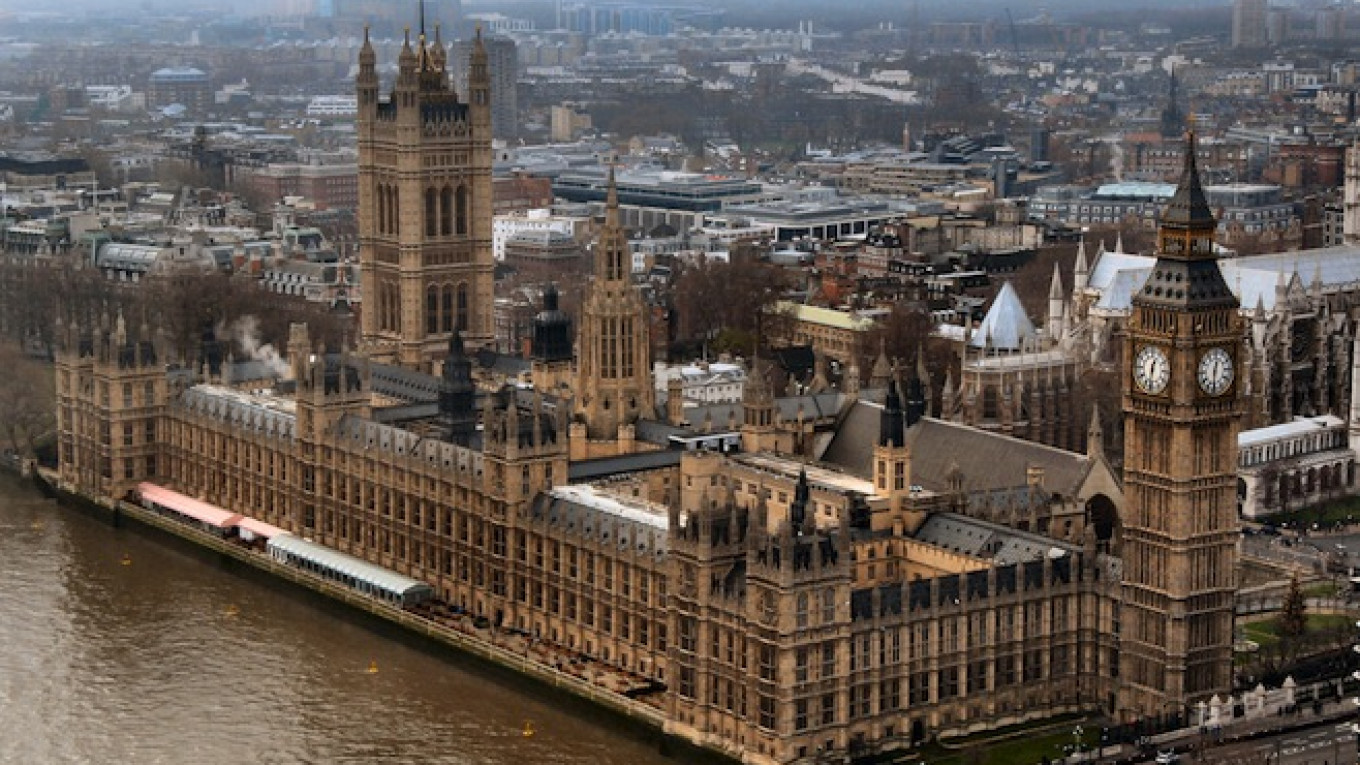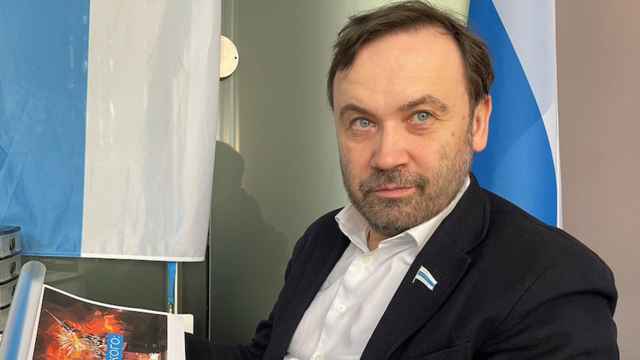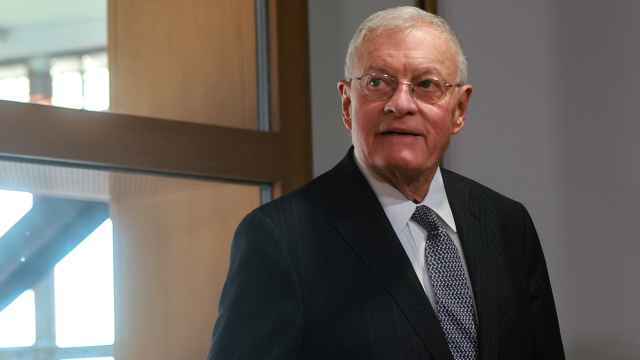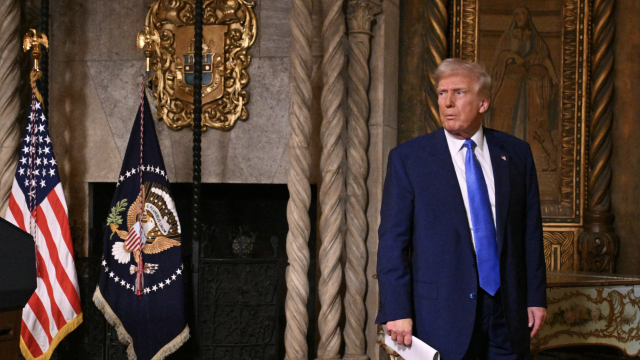LONDON — Russia has accused the British government of forcing out its diplomats in violation of international law, saying it believes some of the country's politicians have taken a strategic decision to worsen relations with Moscow.
In a series of statements and interviews this week, the Russian Embassy in London and its ambassador, Alexander Yakovenko, have accused the British government of trying to "degrade" their work by "squeezing out" four Russian diplomats.
The embassy has also raised concerns about what it says is "political or psychological pressure" being applied to Russian nationals visiting Britain by border officials, complaining that London's behavior is confrontational and risky.
"Our senior diplomat had to depart the UK last month because his visa was not extended, another diplomat left without replacement this month, [and] two staff members will have to leave for the same reason," a Russian Embassy spokesman said in a statement.
"Such an obvious attempt by the British side to wreck at its own will the established international order … testifies to a dangerous gamble by the UK in respect of the Russian diplomatic and consular missions."
The diplomatic spat has erupted at a time when relations between Britain and Russia remain strained over the Ukraine crisis, Russian military flights close to British airspace, and a British inquiry into the 2006 poisoning in London of ex-KGB agent Alexander Litvinenko.
Ambassador Yakovenko told Russia's Kommersant newspaper on Wednesday he thought the British government had taken a conscious decision to worsen ties.
"A certain part of the British elite has made a strategic choice in favor of worsening relations with Russia," he said.
"It's difficult to reach a different conclusion when you hear that the political leadership of Great Britain regards your country as the main threat on a par with Islamic State."
Britain's Foreign Office said on Thursday visas for diplomats were issued according to its own procedures in collaboration with the Home Office.
"Our approach to extending visas for Russian Embassy staff in London reflects the arrangements for British Embassy staff in Moscow," said a spokeswoman.
The Home Office said Border Force officers had to ensure passengers had the right visa and that the conditions of the visa were still met.
"This includes making sure false representations were not used to obtain the visa, and no facts were withheld," said a spokeswoman.
A Message from The Moscow Times:
Dear readers,
We are facing unprecedented challenges. Russia's Prosecutor General's Office has designated The Moscow Times as an "undesirable" organization, criminalizing our work and putting our staff at risk of prosecution. This follows our earlier unjust labeling as a "foreign agent."
These actions are direct attempts to silence independent journalism in Russia. The authorities claim our work "discredits the decisions of the Russian leadership." We see things differently: we strive to provide accurate, unbiased reporting on Russia.
We, the journalists of The Moscow Times, refuse to be silenced. But to continue our work, we need your help.
Your support, no matter how small, makes a world of difference. If you can, please support us monthly starting from just $2. It's quick to set up, and every contribution makes a significant impact.
By supporting The Moscow Times, you're defending open, independent journalism in the face of repression. Thank you for standing with us.
Remind me later.






